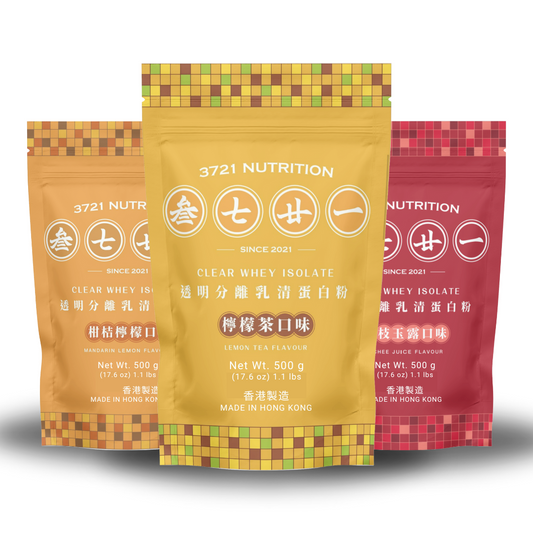As we age, maintaining physical health and muscle mass becomes even more important. Protein powder, especially whey protein, is an excellent nutritional supplement for the elderly. We will discuss the role of protein powder, the efficacy of whey protein, and how whey protein isolate can solve the problem of lactose intolerance and help the elderly choose the most suitable protein supplement.
The role of protein powder and its importance to the elderly
Protein plays a vital role in maintaining muscle health, boosting immunity, and promoting body repair. For the elderly, as muscle mass decreases, it is especially important to supplement enough protein. Protein powder provides a high concentration of protein and is a powerful supplement to the daily diet, helping the elderly maintain muscle mass and physical fitness.
Help maintain muscle mass:
As age increases, the elderly's muscle mass will gradually decrease, leading to sarcopenia. By supplementing protein powder, you can effectively maintain muscle mass and reduce muscle loss.
Enhance immunity:
Protein is an important component required for the functioning of the immune system. Adequate protein intake can promote the production of immune cells, enhance the immunity of the elderly, and reduce the risk of disease.
Promote body repair:
Protein is equally important for the body's recovery and repair. The amino acids in protein powder help repair damaged muscles and tissues, especially for the elderly who have experienced surgery or injury.
The benefits of whey protein: an ideal source of protein for the elderly
Whey protein is an ideal protein supplement for the elderly due to its rich essential amino acids and fast absorption rate. Here are a few key benefits of whey protein:
Quick absorption and efficient utilization:
Whey protein is a fast-digesting protein type that can quickly provide the amino acids needed by muscles, which is especially suitable for consumption after exercise or when the body needs to recover quickly.
High content of essential amino acids:
Whey protein contains all the essential amino acids (EAAs) required by the body, including large amounts of branched-chain amino acids (BCAAs), such as leucine, which help initiate muscle synthesis and maintain muscle mass.
Supports muscle health:
Regular whey protein supplementation can help the elderly enhance muscle strength and maintain muscle health, thus improving their quality of life.
Whey Protein Isolate : The Best Choice for Lactose Intolerance
For many seniors, lactose intolerance is a barrier to consuming dairy products. In this case, whey protein isolate is ideal. Whey protein isolate is almost lactose-free by removing most of the lactose, making it ideal for people who are lactose intolerant. This high-quality protein supplement provides adequate protein and nutrients without causing digestive discomfort.
Low lactose content: Whey protein isolate is highly concentrated and most of the lactose has been removed, making it suitable for the elderly who are lactose intolerant.
Higher Protein Purity: Compared to regular whey protein, whey protein isolate has a higher protein concentration, providing more protein per serving to effectively support muscle maintenance and repair.
How to choose the right protein powder for the elderly?
Choosing the right protein powder is very important for the elderly. Here are a few suggestions:
Choose a high-purity whey protein isolate: Choose a product labeled "whey protein isolate" to ensure it has low lactose and high protein content.
Choose the right flavor: Consider the taste preferences of the elderly and choose a protein powder flavor that they like to drink. This can ensure long-term intake.





